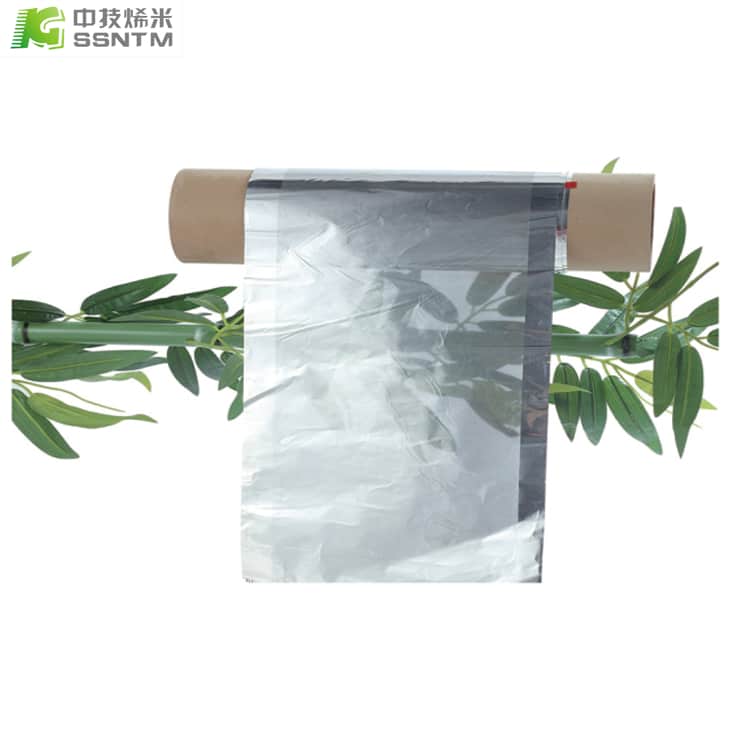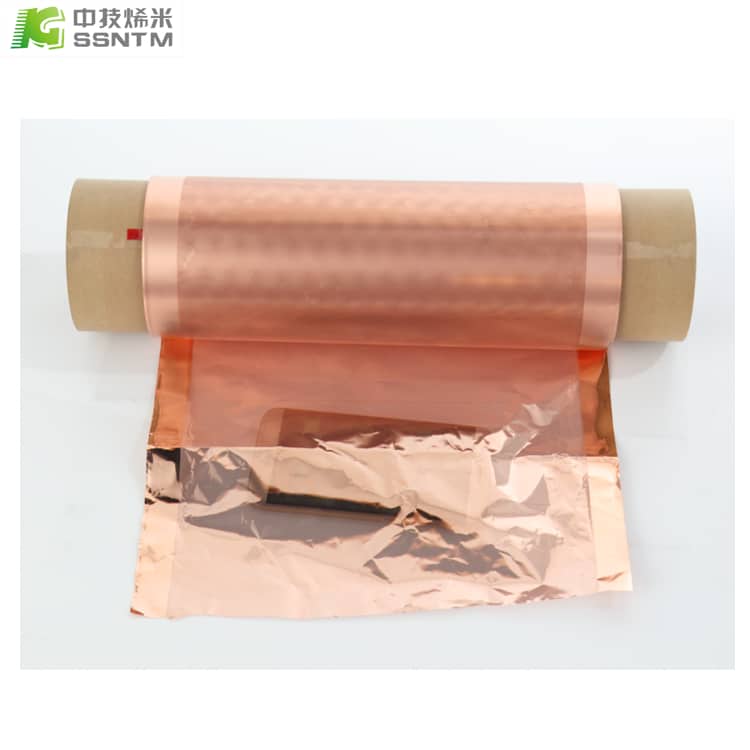Why is copper used in lithium-ion batteries?

Microporous porous aluminum foil collecting fluid
Copper is used for several critical components in lithium-ion batteries due to its various properties, including excellent electrical conductivity, chemical stability, and cost-effectiveness. Below are some of the reasons why copper is commonly used in lithium-ion batteries:
Electrodes: Copper foils are used as the current collector for both the anode and cathode electrodes in lithium-ion batteries. The copper foil helps to connect the active electrode material to the external circuit, allowing for the flow of electrons and ions during battery operation. Copper foils are often preferred over other metals due to their high electrical conductivity and stability in the battery’s corrosive environment.
Connections: Copper is used as a connector between battery cells and in battery current transfer plates, ensuring that electrical charge can pass between cells, allowing higher voltages to be achieved. Again, copper is preferred due to its excellent electrical conductivity and stability.
Thermal management: Copper is a good thermal conductor, which means that it can efficiently distribute and dissipate the heat generated by a lithium-ion battery during operation. Copper heat sinks are often used in battery pack design to help cool down hot spots and prevent thermal runaway, ensuring battery safety and reliability.
Manufacturing: Copper is widely available and relatively inexpensive, making it a practical choice for high-volume battery production. Copper can also be easily formed, cut, and shaped into various sizes and shapes for use in different battery components, making it a versatile material for manufacturing.
In summary, copper’s excellent electrical conductivity, thermal conductivity, chemical stability, and cost-effectiveness make it an ideal material for various critical components in lithium-ion batteries. Copper foils are used as current collectors for electrodes, as connectors between battery cells, and in thermal management for heat dissipation. Copper’s availability, ease of manufacturing, and versatility further make it a practical choice for large-scale battery production.


